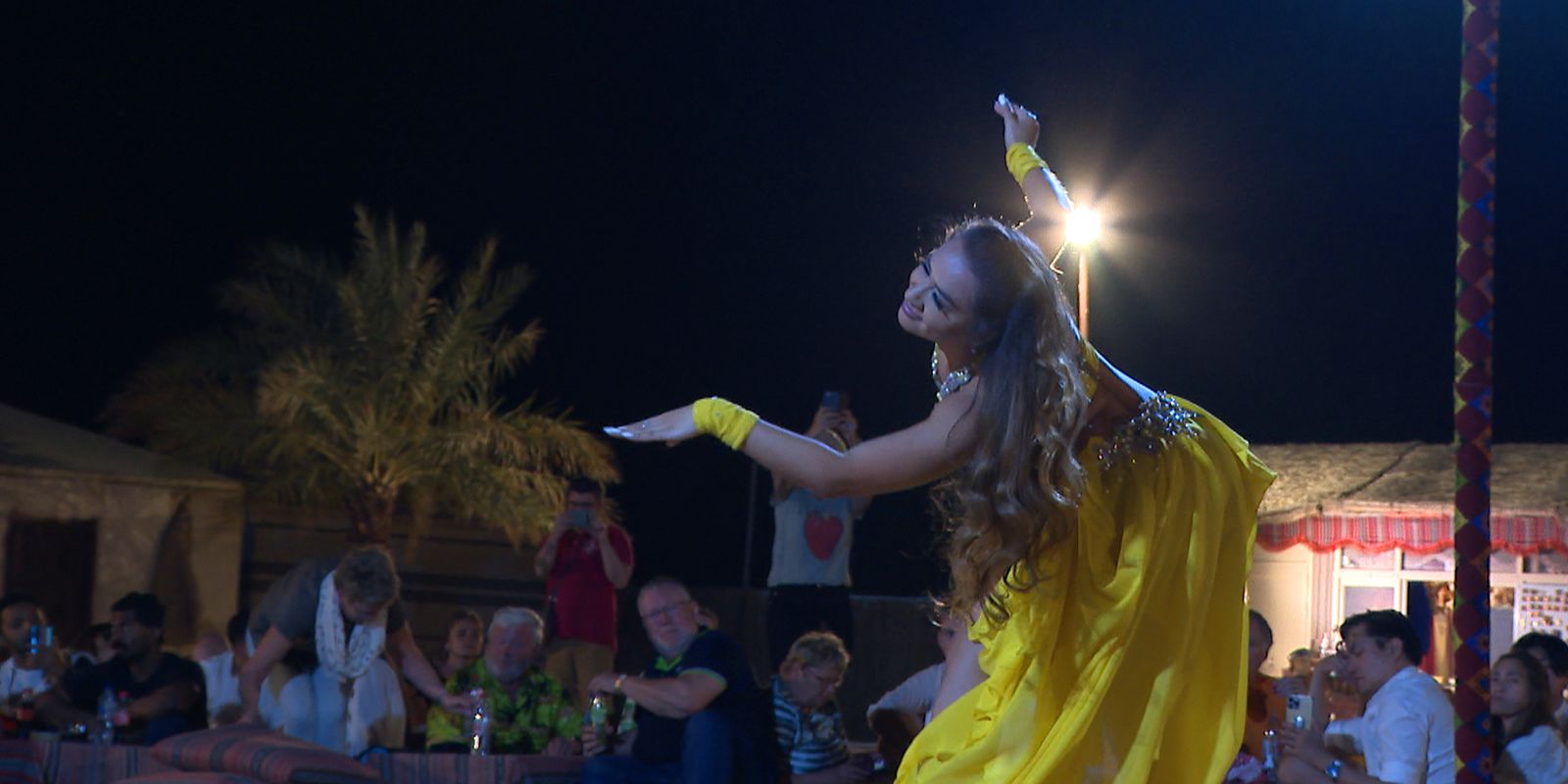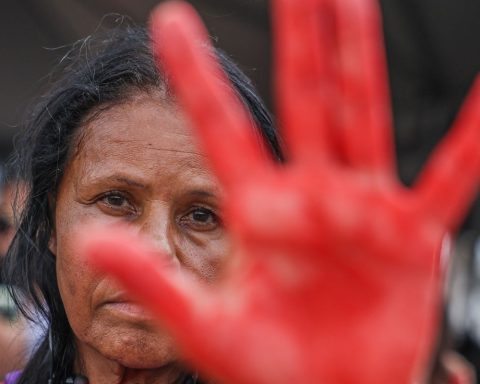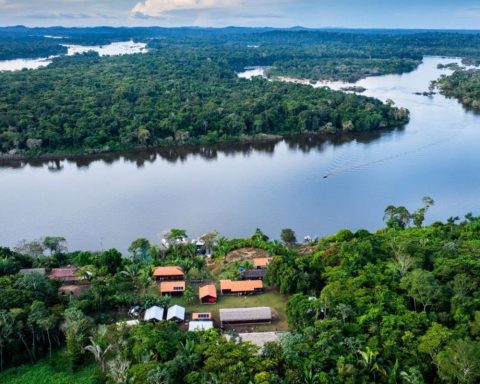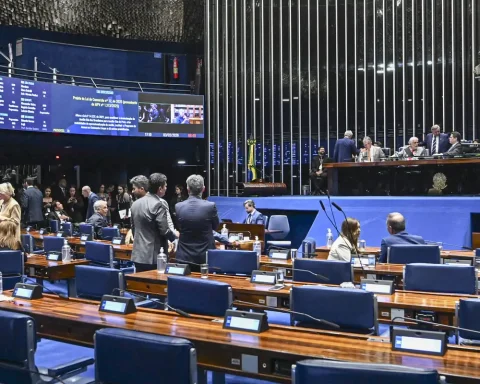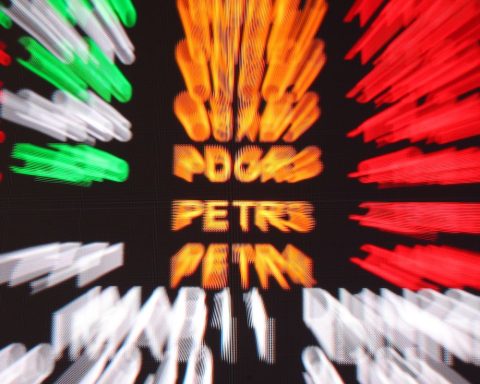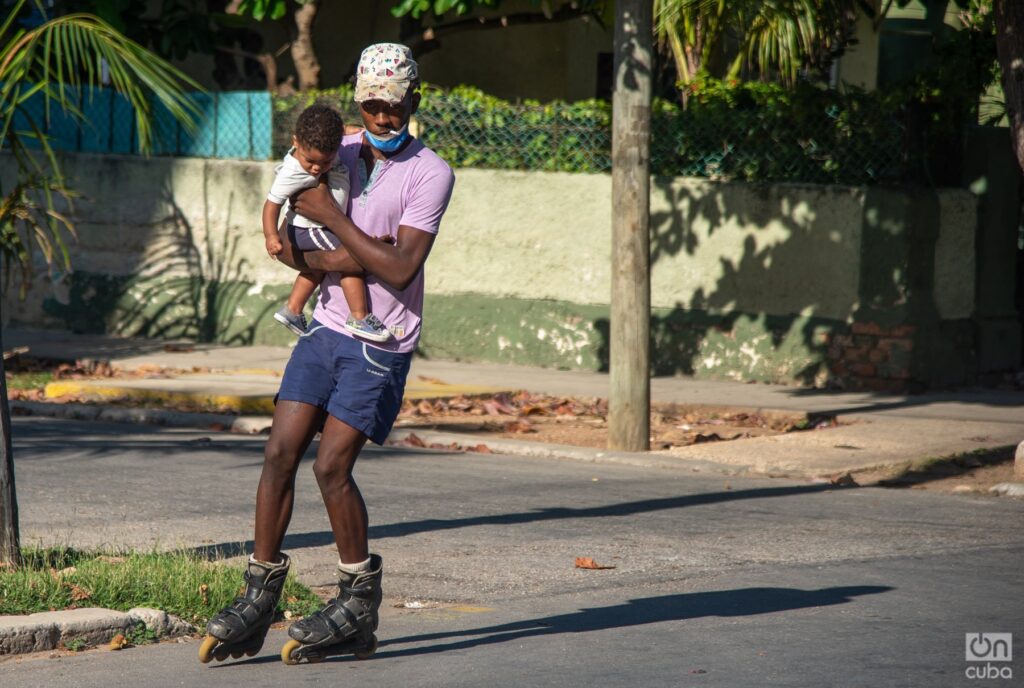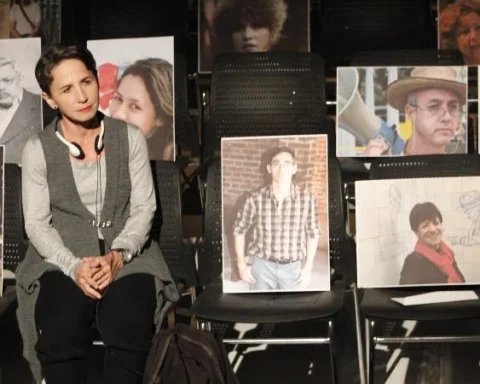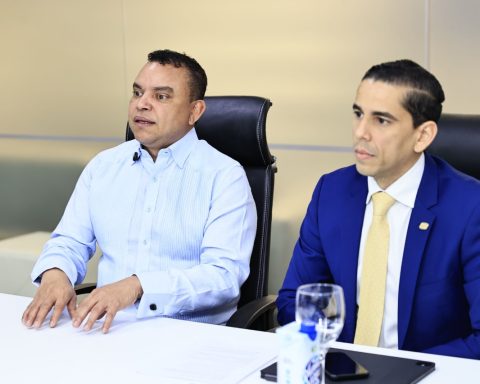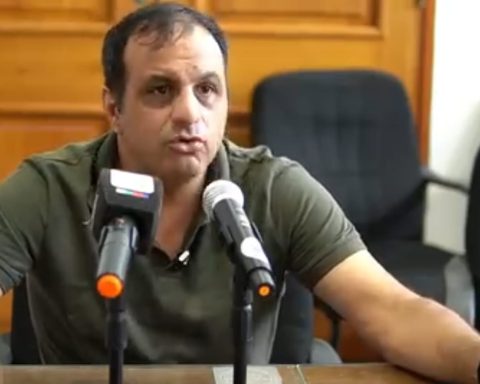Driven by the discovery of oil and with almost 3 million inhabitants, 80% of them foreigners, the United Arab Emirates (UAE) has attracted tourists from all over the world. This is the theme of the program Reporting Paths this Sunday (19), at 10 pm.
Dubai, the main destination for those arriving in the country, is cosmopolitan and impresses with its futurism and grandeur. It is also home to the world’s biggest shopping mall, the biggest skyscraper and the most luxurious hotel. Another great attraction is the Museum of the Future, considered the architectural gem of the city. There it is possible to travel back in time and imagine the world and technology 50 years from now. Through immersive exhibits and artificial intelligence, the museum provides entertainment and awareness of sustainable solutions and the future of humanity on the planet.
But beyond modernity, Dubai strongly preserves its traditions. be in the famous souks (popular markets that sell everything) or the largest gold market in the world, there is an option for all tastes and pockets. In the historic district of Al Fahidi, restored 20 years ago, it is possible to get an idea of how the Arabs lived in past centuries. Today, the space has art exhibitions, restaurants and coffee shops. There, at the Coffee Museum, it is possible to learn about equipment, different methods of preparation and even taste the authentic Arabic coffee that is a symbol of hospitality.
With the growing number of Brazilian tourists arriving in the Emirates, the demand for Portuguese-speaking guides has also increased. In Dubai for 16 years, tourist guide João Helton lists the advantages of living in the city: “You don’t pay taxes here, you don’t have the level of violence that we see in other places. To raise children is a wonderful thing, because the child grows up speaking three, four languages”. For him, Dubai plays an important role in opening up the Arab world. “There was a mentality here in the Islamic world that you cannot modernize, that it is dangerous, you will lose your culture, you will lose your tradition, you will surrender to the West. But Dubai has shown that it has no contradiction in developing and remaining Muslim.”
But the relationship between Brazil and the Arab world goes beyond tourism, bilateral trade has already reached an expressive level. “There are US$ 14 billion in Brazilian exports to the Arab world, and in imports we reached US$ 10 billion”, explains Osmar Chohfi, president of the Arab-Brazilian chamber of commerce. Despite having to comply with a series of protocols to adapt Brazilian products to Islamic law, the so-called products halal (which ban alcohol, ethanol, pork, etc…), he bets on business growth and adds: “If you take the 22 (Arab) countries as a whole, it is only after China and the United States in the context of Brazilian foreign trade”.
Chef Geraldo Mazini, who participated in Expo Dubai, one of the rare world events open to the public after the start of the pandemic, took the opportunity of the fair to promote Brazilian cuisine. He worked in the exhibition’s Brazil pavilion and told how gastronomy is seen by the demanding public in the United Arab Emirates. “He doesn’t look for the kitchen, he looks for the concept. It has to be the visual part, it has to be the music. It’s no use wanting to open a small business on the corner and serve Brazilian food. In Dubai it won’t work like that”.
Another popular destination in the country is the capital Abu Dhabi. The mixture of luxury, fun and tradition offers visitors varied options. It has the fastest mountain in the world which is located inside the Parc Ferrari and the first Louvre museum outside France, which exhibits works from all over the world. In Abu Dhabi it is also possible to find traditional festivals that keep Arab culture alive through dance, music and even falconry practiced by the ancient Bedouin hunting in the desert.
And when the sun sets there in the desert, a typical night awaits visitors with a belly dance. Brazilian Jeane Soares says that in 2013 she received an invitation from a teacher to travel through the Arab countries. “They respect dancing here and we have contracts that are similar to the regular contract,” she explains. In addition to dancing within a company, she says she receives numerous demands and is asked to dance at parties, birthdays and weddings. “It is a country that is trying to open its doors to the world. They are welcoming all tourists and foreigners. So we can have freedom with a lot of respect for their culture”, she concludes.
